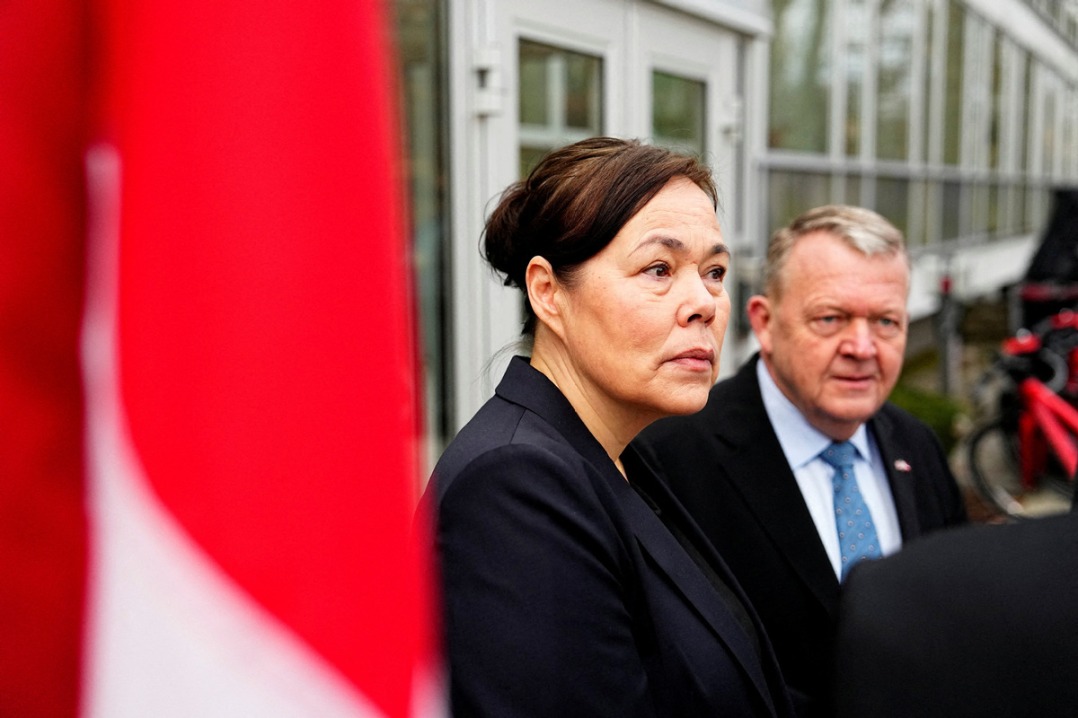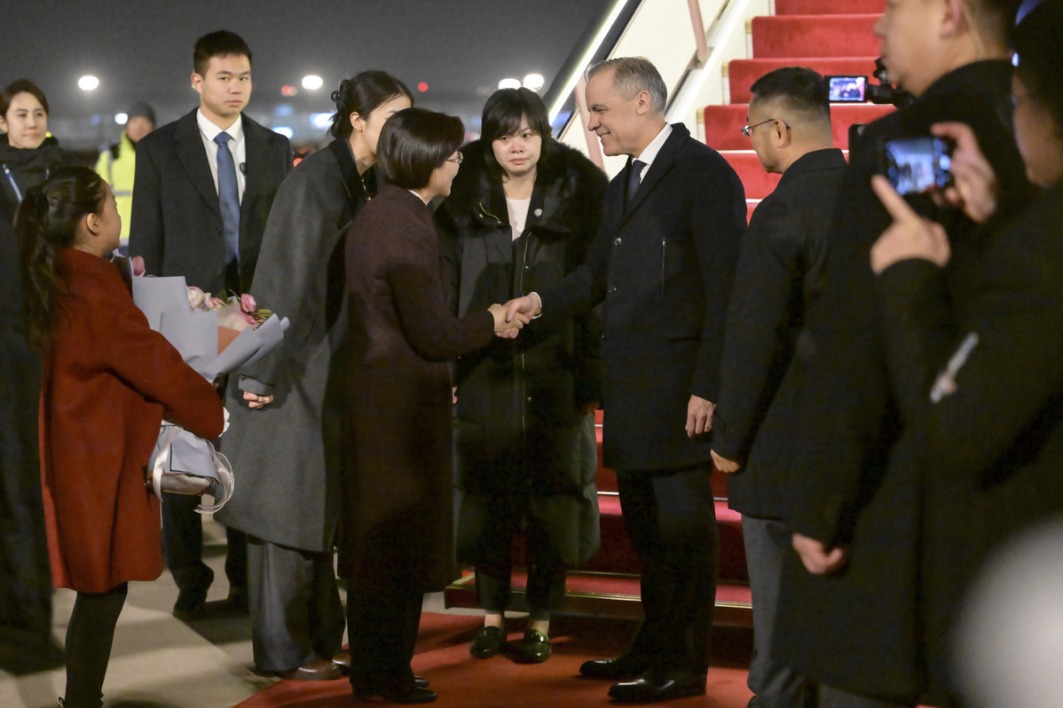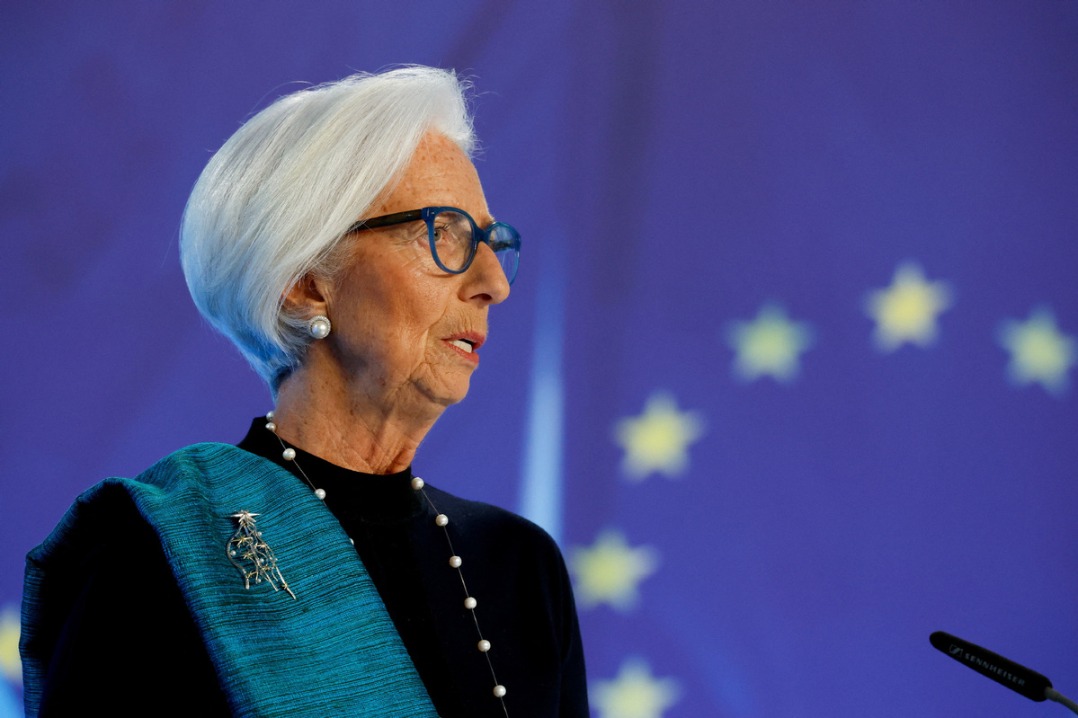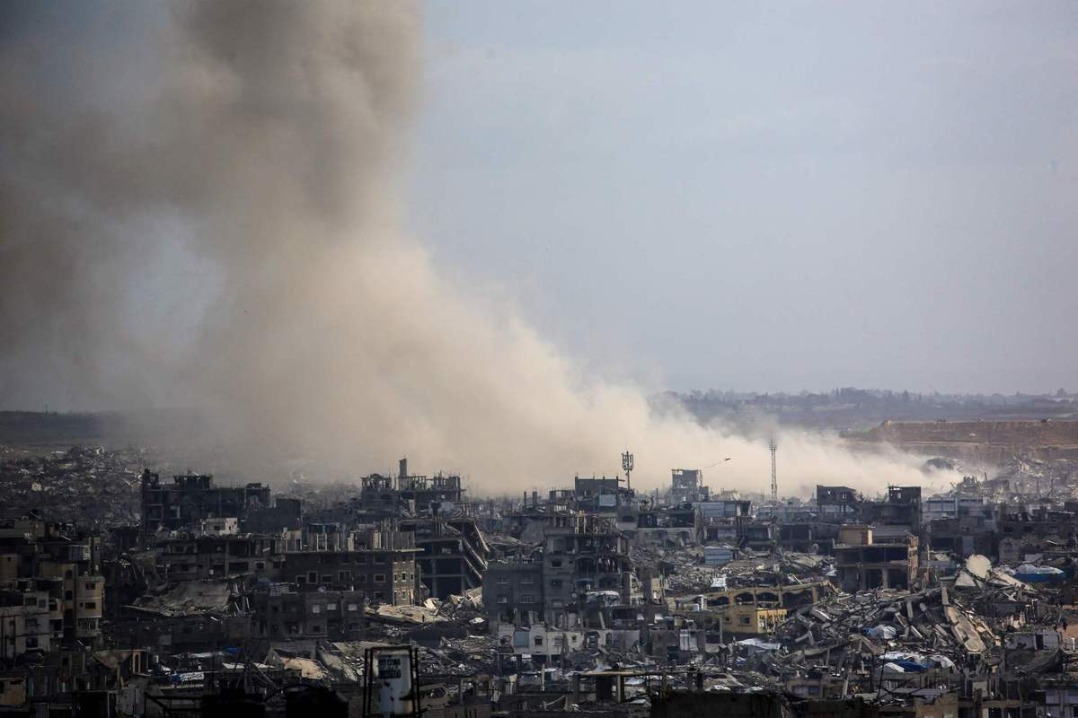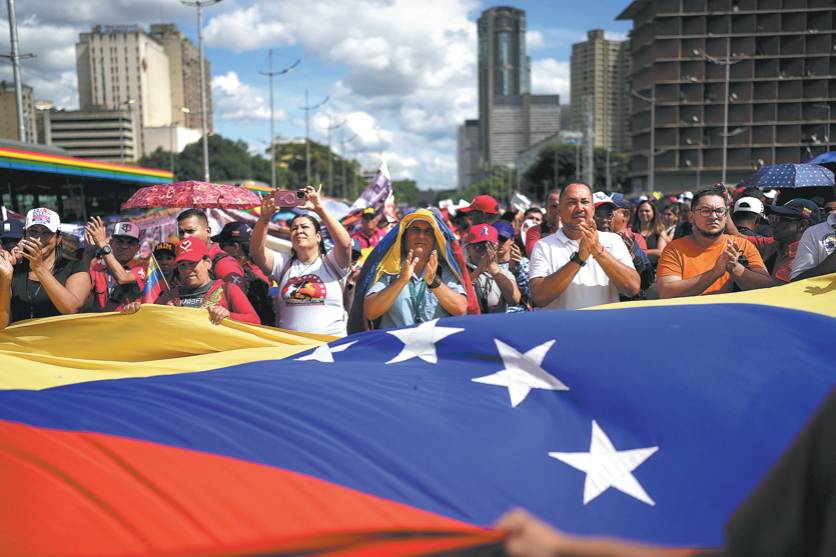Lockdowns imposed in Asia-Pacific countries

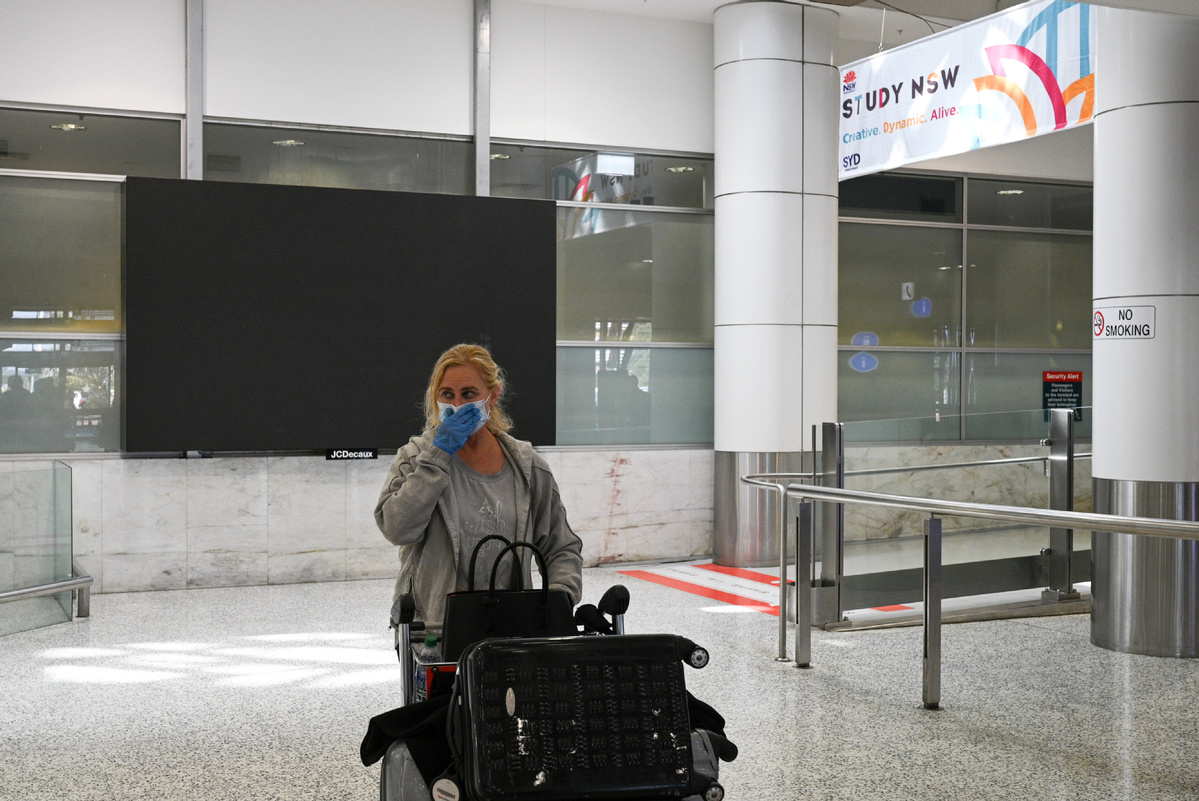
Barring entry to foreigners and domestic relief packages are among the measures being taken by countries in the Asia-Pacific region as the novel coronavirus outbreak continues.
Australian Prime Minister Scott Morrison on Sunday announced a second package to avert a recession and save jobs.
Morrison unveiled an additional A$66 billion ($38.2 billion) in stimulus for the coronavirus-stricken economy, including cash payments of as much as A$100,000 to small businesses. He is also warning Australians against traveling overseas.
The country started from 9 pm on Friday to ban all non-citizens and non-residents from entering the country. Its total confirmed cases numbered 1,098 on Sunday.
New Zealand closed its borders to all foreigners on Friday.
"We are raising our travel advice to the highest level: do not travel," Foreign Minister Winston Peters said.
Starting from Sunday, India barred all international flights from landing in the country for a week, as it widened measures to prevent the spread of the coronavirus.
Both the Philippines and the Laos are not issuing visas to foreigners, banning all nationalities from entering the country. And Malaysia also shut its borders, restricting both domestic and international travel.
Philippine Foreign Affairs Secretary Teodoro Locsin said that foreigners would be allowed to leave.
The Lao government suspended the issue of visas to foreign tourists for 30 days, Prime Minister Thongloun Sisoulith said. The country also suspended classes in educational institutions.
Commenting on the various measures being implemented, Poonam Khetrapal Singh, regional director of the World Health Organization's Southeast Asia region, who expects the numbers of cases to rise, said: "The top priority of countries should be to roll out a speedy response to the first case, first cluster, and first evidence of community transmission. Early containment measures can help countries stop transmission."
The rising cases have prompted the authorities in the region to either totally or partially lock down their countries, with government and private companies shut, public transport limited, educational institutions shut, and residents advised to stay home.
Unpopular but necessary
Health experts said that while the lockdowns may be unpopular, they were necessary because they would reduce social contact and flatten the epidemic curve.
Speaking about the two-week lockdown in Malaysia, which now has 1,306 confirmed cases, Khor Swee Kheng, a global health expert at Oxford University, said: "Although it caught the population by surprise, leading to some confusion and chaos, it can help control the outbreak, end the complacency of the population and force them to treat it more seriously."
On March 16, the Philippines was the first country in the region to go into lockdown mode, albeit partially. President Rodrigo Duterte locked down the entire northern island of Luzon for a month, citing the need for "stricter measures".
















